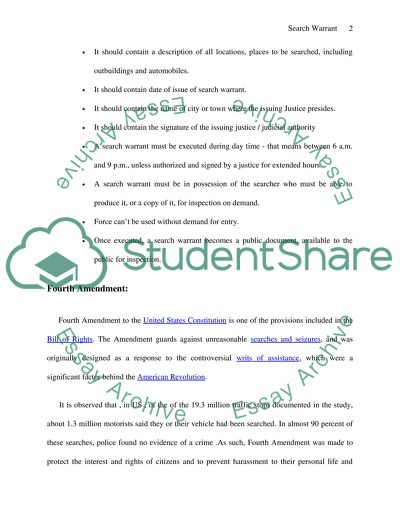Cite this document
(“Exceptions to the Search Warrant Requirement Essay”, n.d.)
Exceptions to the Search Warrant Requirement Essay. Retrieved from https://studentshare.org/miscellaneous/1517617-exceptions-to-the-search-warrant-requirement
Exceptions to the Search Warrant Requirement Essay. Retrieved from https://studentshare.org/miscellaneous/1517617-exceptions-to-the-search-warrant-requirement
(Exceptions to the Search Warrant Requirement Essay)
Exceptions to the Search Warrant Requirement Essay. https://studentshare.org/miscellaneous/1517617-exceptions-to-the-search-warrant-requirement.
Exceptions to the Search Warrant Requirement Essay. https://studentshare.org/miscellaneous/1517617-exceptions-to-the-search-warrant-requirement.
“Exceptions to the Search Warrant Requirement Essay”, n.d. https://studentshare.org/miscellaneous/1517617-exceptions-to-the-search-warrant-requirement.


